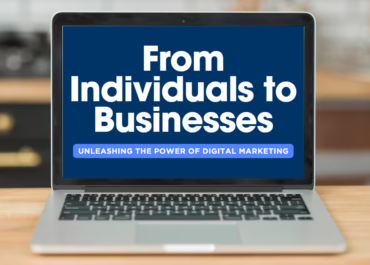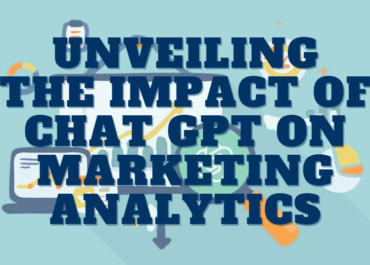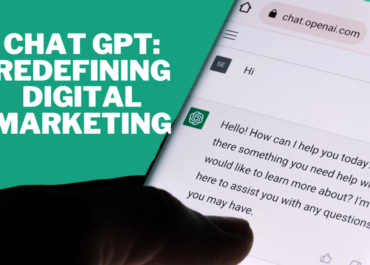Digital Marketing Bootcamp: Branding
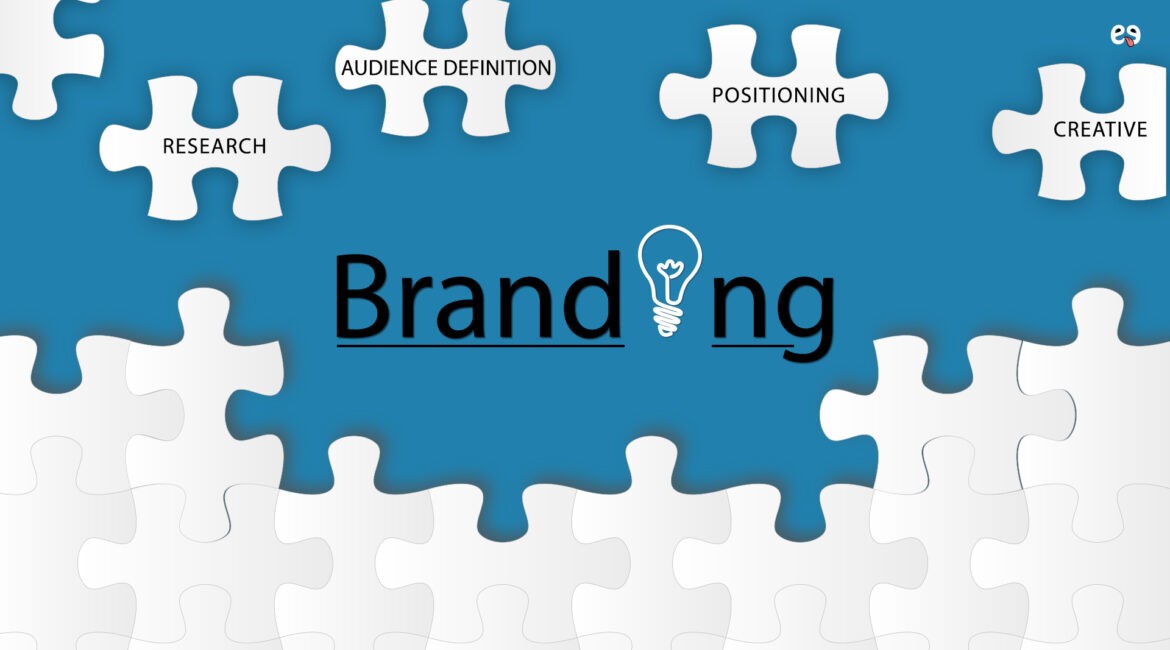
Brand management is reserved for big companies like Nike, Coca-Cola, and Amazon, right? They need to keep their promises and label things so we know who they are. While this statement is false, not many small businesses have realized this, and their inaction is proof. Technology has given scale to businesses that could have only dreamed of this access prior to digital marketing. Still doesn’t sound enticing? If you do not take advantage of the available scale through technology, your competition will limit your market reach.
Trying to succeed with a limited market reach is like using a miracle strategy to drive revenue. Part of managing your digital brand means engaging with consumers when appropriate, providing a user-friendly website with images that encourage them to discover more. If your company can manage its brand from the digital platforms, you will notice an increase in customer engagement, reduction of expenses, an increase of loyalty, and decrease in customer turnover.
These things can only happen if you follow the steps required to grow your brand consistently online. Imagine being able to know what your consumers want without dumping a large portion of your budget into research. What would that do for your bottom line? This portion of the digital marketing bootcamp blog will guide you through online branding and its benefits with a risk assessment of what happens when you ignore it.
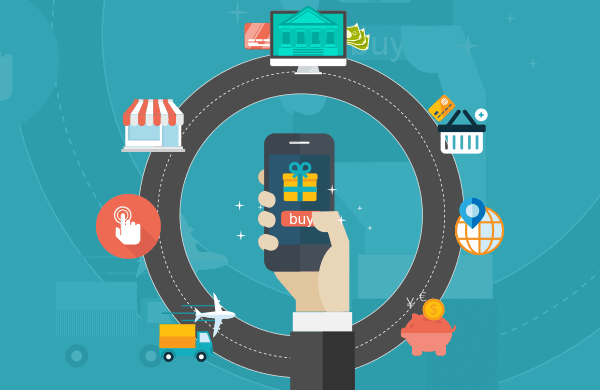
The Evolving Process
As marketers become more targeted at providing an easier way for consumers to purchase, their process changes. If you are not part of that changing process, consumers will be less likely to consider you for their next purchase. If you are not providing an opportunity to show your business’ Google reviews, people will trust you less. Less trust means fewer new customers. That limited trust will stunt your company’s growth.
The buyer’s journey has become one of trust-building and ensuring that your services and products meet general expectations. Think of this as a dating exercise or signing the papers on a new car. People have a fear of buyer’s remorse and will avoid it at all costs. Make it easier for people to investigate who you are, let them see how you manage your failures, and celebrate your wins with employees and the community. What can you expect to gain by embracing this approach?
- Lower customer turnover
- Increased loyalty
- Reduced ad spend
- Increased return on investment

But How Can This Be?!
The level of access being provided to the consumer is unprecedented and when they trust your business, they will give you data. Data is the name of the game and it allows a company to reduce its spending in multiple areas. Marketing budgets can only be refined with good data. If you are not aware of how much money you are spending on the most effective tactics, how can you possibly reduce your customer acquisition costs? Not having data to back up decisions is at best a guessing game, and at worst it is throwing money into the fire pit.
Customers open emails, reply to social media posts, and share articles from businesses. They do this because they have an interest and the information is relevant. Knowing which campaigns and products consumers desire the most, you can more efficiently direct your resources. As that trust expands, Google and other platforms increase your trustworthiness score which reduces your costs of advertising due to your reputation. They understand that you are responding to customer complaints if they exist, and offering a product that people want. All of these are reasons why it is important to manage your online presence.

What Now?
Eight months to a year from now, you have taken this advice and your company is experiencing growth and you look back on how you reached this point. It was because you built a website that enticed people to engage. It had helpful blog posts, customer reviews, case studies, and information on how to purchase your product. In addition to having a great value proposition explaining why the customer should choose you, they were able to trust you more because of your online presence.
You provided helpful social media posts that guided them to your website that collected their information and started their email campaign journey. Your company engaged each customer with comments from your various social media platforms. Most of all, you assigned the digital tasks to a group you trusted and built a relationship that allowed you to learn as you built your online presence so that you could take these tasks in-house.
As you begin to put a plan together for your brand management, consider hiring someone with experience or outsourcing the work. This is not something that can be done on an ad hoc basis. If you have the time, dedicate it and be consistent. On the other hand, if you don’t have the time, hire someone who can execute while you stay focused on the rest of your business.

